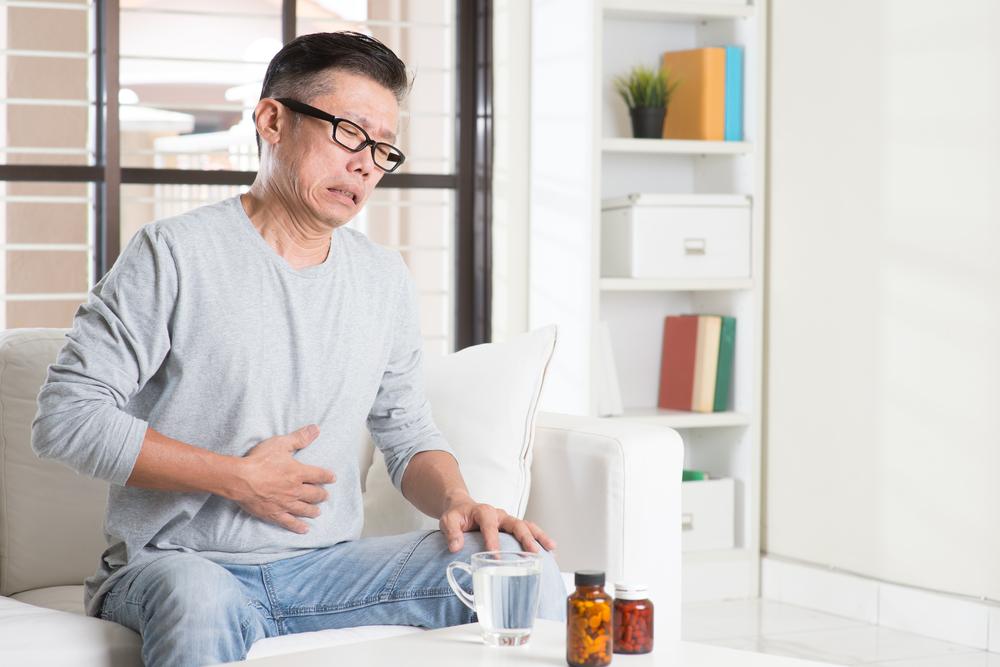Comprehensive Guide to Managing Irritable Bowel Syndrome with Medications
This guide provides comprehensive information on managing irritable bowel syndrome with medications and lifestyle changes. It covers different medication types for IBS-D and IBS-C, dietary tips, and stress management strategies to improve quality of life. Consulting healthcare professionals is essential for personalized treatment plans to effectively control symptoms. Lifestyle modifications alongside medications can significantly alleviate discomfort and improve daily functioning for IBS sufferers.

Managing Irritable Bowel Syndrome: Effective Medication Options
Irritable Bowel Syndrome (IBS) is a common disorder affecting the large intestine, characterized by abdominal pain and altered bowel habits. As a collection of symptoms, IBS is classified into types such as IBS-D (diarrhea predominant), IBS-C (constipation predominant), IBS-M (mixed), and IBS-U (unclassified). Symptoms include diarrhea, bloating, gas, rectal bleeding, and weight fluctuations. Several factors, including stress, diet, and hormonal changes, can trigger IBS, with symptoms often worsening during stressful times or menstrual cycles.
The precise cause of IBS remains unknown, but it may involve intestinal infections, motility issues, or heightened sensitivity. Contractions and relaxations of intestinal muscles lead to symptoms like bloating, diarrhea, or constipation. Lifestyle, diet, and stress management are crucial for controlling IBS. Medications play a vital role in alleviating symptoms, including bulking agents, laxatives, antispasmodics, anti-diarrheal drugs, and antidepressants. Consulting a healthcare provider ensures appropriate treatment and medication use.
Medications for Diarrhea-Predominant IBS:
Alosetron reduces gut sensitivity and alleviates abdominal pain, mainly prescribed for women.
Rifaximin targets intestinal bacteria, decreasing bloating and diarrhea with a 10-14 day course.
Eluxadoline improves stool consistency and decreases bowel contractions by acting on nerve receptors.
Medications for Constipation-Predominant IBS:
Lubiprostone: Enhances intestinal fluid secretion to relieve chronic constipation and promote bowel movement.
Linaclotide: Facilitates stool transit and reduces intestinal pain signals, providing relief from constipation.
Alongside medication, dietary adjustments are essential. Increasing soluble fibers like oats and bananas can help those with constipation, while reducing insoluble fibers may benefit diarrhea-prone individuals. Regular exercise such as walking, cycling, and aerobic activities, along with stress reduction techniques like yoga and meditation, can significantly improve symptoms. Personalized approaches are recommended for effective IBS management.
Note:
Our blog offers valuable insights into various health topics, based on the latest research. However, content should not replace professional medical advice. Always consult a healthcare provider for diagnosis and treatment options suited to your condition. The site does not guarantee the accuracy or completeness of information and is not responsible for user decisions based on the content provided.










